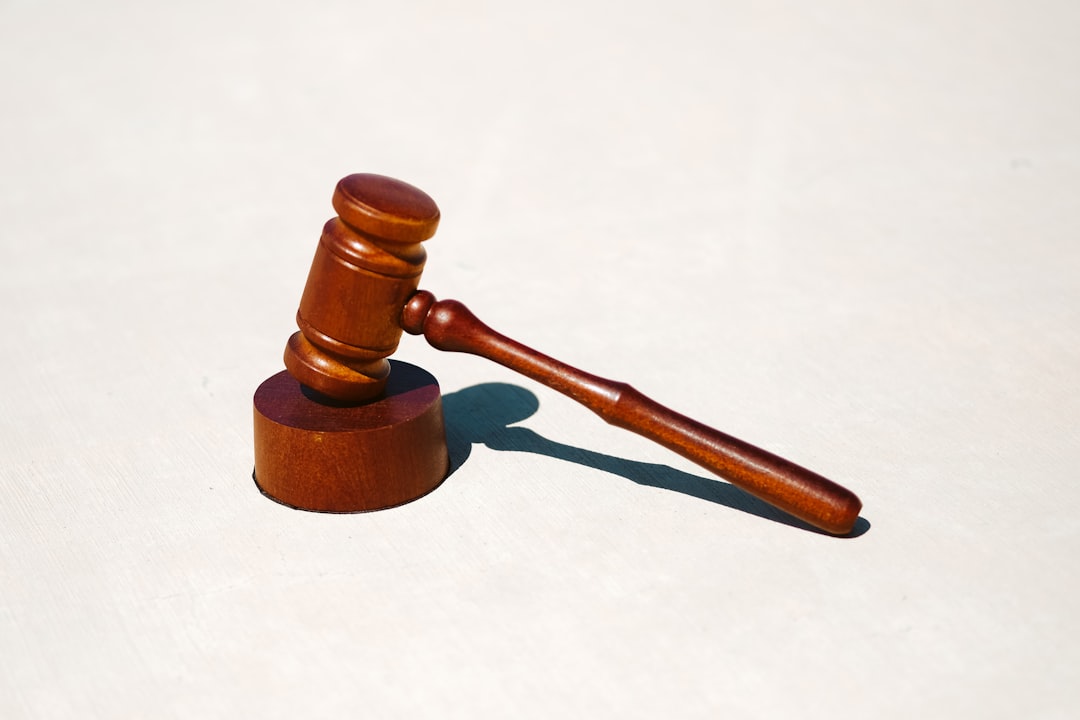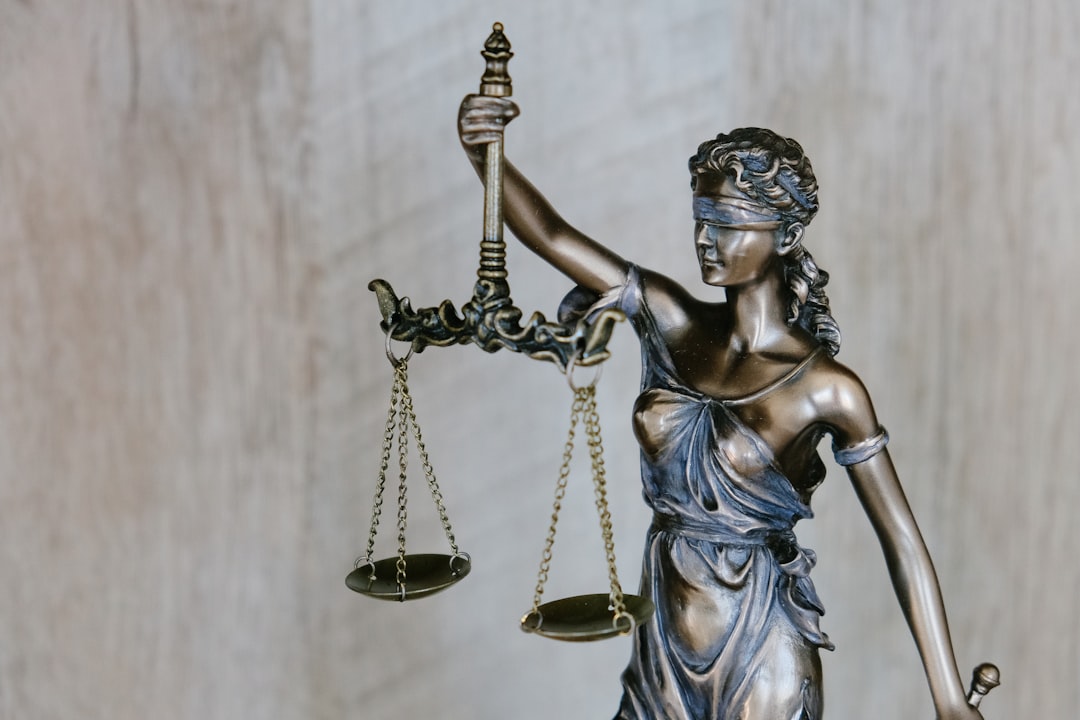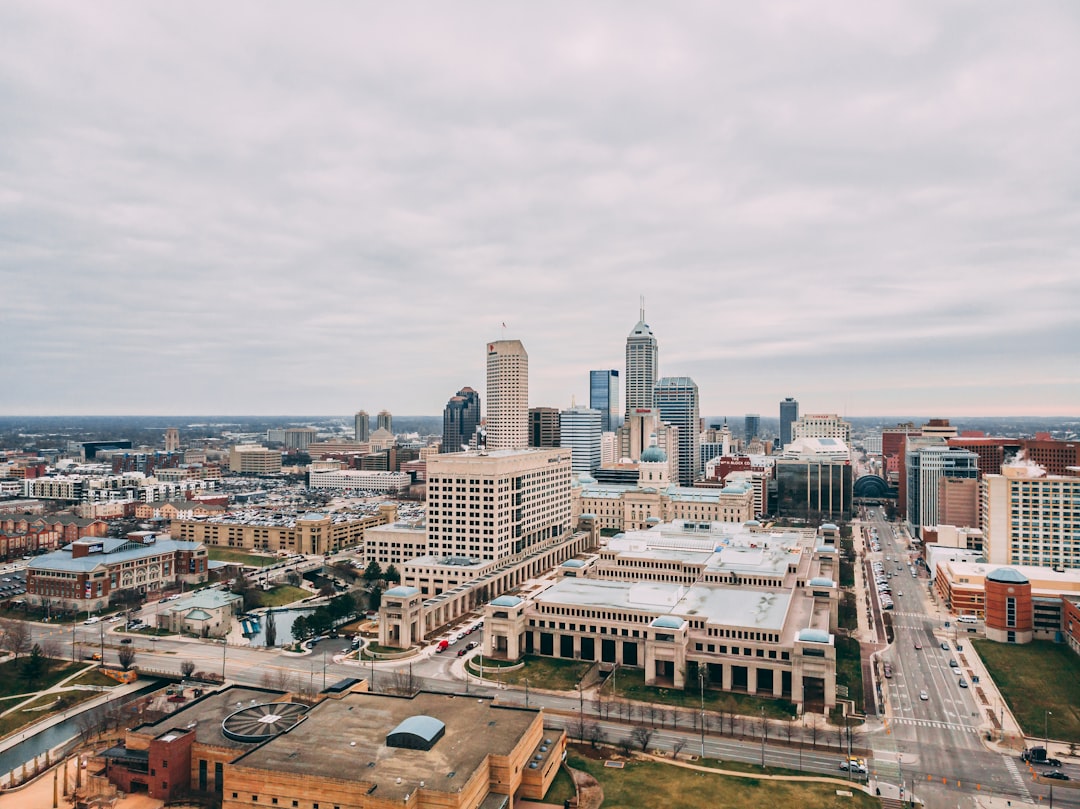In Indiana, addressing child sexual abuse within schools is paramount. This comprehensive guide delves into the critical legal aspects of school sexual abuse, highlighting the essential role of an Indiana school sexual abuse lawyer in holding institutions accountable. We explore the rights and resources available to victims and families, while offering insights into preventative measures and policy changes to foster safer learning environments. Understanding these dynamics is crucial for navigating legal paths toward justice and healing.
Understanding Child Sexual Abuse in Schools: A Legal Perspective

Child sexual abuse in schools is a complex and sensitive issue that requires a nuanced legal understanding. As a school sexual abuse lawyer in Indiana, it’s crucial to recognize that such incidents involve not only criminal offenses but also significant psychological and emotional trauma for the victims. These cases often present unique challenges due to the hierarchical nature of educational institutions, where students may fear retaliation or feel compelled to keep quiet.
Legal professionals specializing in this field must navigate a web of federal and state laws, school policies, and potential liability for institutions and employees. Indiana’s legal framework provides specific protections and procedures for addressing child sexual abuse allegations within schools, including mandatory reporting requirements and the establishment of safe environments for victims to come forward. A qualified school sexual abuse lawyer ensures that all parties’ rights are protected while advocating for justice and healing for those affected by such atrocities.
The Role of an Indiana School Sexual Abuse Lawyer

In Indiana, a school sexual abuse lawyer plays a pivotal role in advocating for victims and ensuring justice in cases involving child sexual misconduct within educational institutions. These attorneys specialize in navigating complex legal systems and understanding the unique challenges faced by survivors of such traumatic experiences. They provide crucial support to students who have suffered abuse at the hands of peers, teachers, or any other school staff member.
An Indiana school sexual abuse lawyer offers comprehensive assistance, from filing legal claims against negligent institutions to representing clients in court. Their expertise lies in interpreting state laws and policies related to child protection and school liability. They work tirelessly to hold schools accountable for their failure to protect students and create a safe learning environment. Through litigation, negotiations, or alternative dispute resolution, these lawyers strive to secure compensation, restitution, and necessary changes in school policies to prevent future abuse.
Legal Rights and Resources for Victims and Families

Victims of child sexual abuse in schools and their families have legal rights and resources available to them. A school sexual abuse lawyer in Indiana can help navigate these complex issues, ensuring that all legal avenues are explored for justice and healing. These professionals are well-versed in state laws and regulations related to such cases, which vary from district to district.
They can provide guidance on filing reports with local law enforcement, pursuing civil lawsuits against responsible parties, and understanding the potential criminal charges. Additionally, they offer support in accessing counseling services and other resources tailored to help victims cope with their experiences and move forward with their lives.
Preventative Measures and Policy Changes for Safer Schools

Preventative measures and policy changes are vital steps in ensuring safer schools for all students, especially in addressing the issue of child sexual abuse. A school sexual abuse lawyer in Indiana emphasizes that institutions must go beyond reactive responses to incidents and proactively implement strategies to create a secure environment. This includes comprehensive training programs for staff and teachers on recognizing signs of abuse, consent education, and age-appropriate discussions about personal boundaries.
Furthermore, schools should adopt robust reporting protocols and encourage open communication between students, parents, and administrators. Regular reviews of existing policies can help identify gaps and loopholes, allowing educators to implement stricter measures that protect students’ well-being. By fostering a culture of awareness and accountability, schools can better prevent and address child sexual abuse, providing a safer and more nurturing learning environment.






